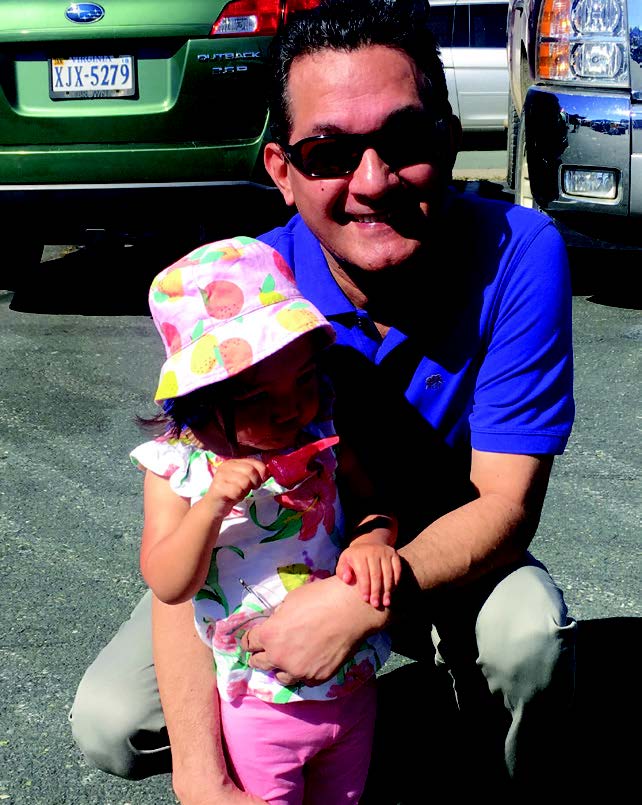
For his entire career, Didier Portilla, MD, has steadily worked to translate laboratory findings into the realm of patient care. As a professor of medicine in the Division of Nephrology at the University of Virginia, Dr. Portilla oversees a vibrant research lab situated within the university’s Center for Immunity, Inflammation and Regenerative Medicine (CIIR). The center is a collaboration of immunologists and clinical investigators from the divisions of nephrology and rheumatology who are focused on research related to the immune system.
Dr. Portilla started his lifelong interest in acute kidney injury while still in medical school in Colombia, South America. “I saw patients with acute kidney injury secondary to different conditions such as sepsis, malaria, or post infectious glomerulonephritis,” he says. “I wanted to learn more about the pathophysiological mechanisms involved in the development of this syndrome and how to help these patients.”
Dr. Portilla soon learned about Dr. Saulo Klahr (former chief of WU’s Division of Nephrology), who was born in the same city as Dr. Portilla — Cali, Colombia — and was a former faculty member of the Universidad del Valle, where Dr. Portilla completed his residency. Dr. Portilla then moved to the United States to start internal medicine training, first at Tulane University in New Orleans before transferring to St. Louis. He subsequently was accepted into the nephrology fellowship program at Washington University in 1984. “Dr. Klahr said that if I was serious about research, I should work with Dr. Aubrey Morrison, which I did,” says Dr. Portilla.
“I learned how to isolate and culture cells and learned how to apply biochemical methods to the study of eicosanoids, lipid metabolism, signal transduction, and G protein signaling and phospholipase activation. I also learned mass spectrometry and became interested in molecular biology while at Washington University.”
Today, Dr. Portilla’s research is funded with an NIH R01 grant and a VA Merit award. He studies the cellular mechanisms of progressive kidney disease (AKI to CKD) and, specifically, the mechanisms that lead to kidney fibrosis. Of his current research, he says, “We have found that PDGFRB-positive kidney pericytes, when transformed into myofibroblasts, synthesize and activate local cellular complements. This activation pathway in kidney cells, then, plays an important role in the development of kidney fibrosis.”
Dr. Portilla says he is indebted to the Division of Nephrology for his strong foundation in clinical care and research. “I appreciate the time I spent at Washington University as a clinical and research fellow,” he says. “I had the best clinical training and Dr. Morrison was an extraordinary scientist and caring mentor in the lab.”